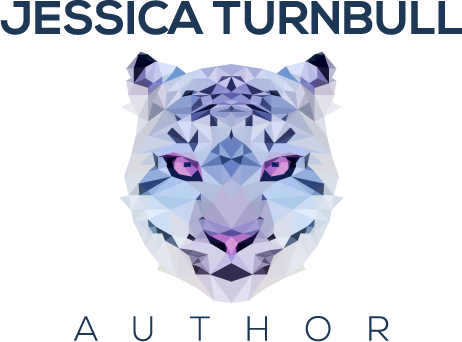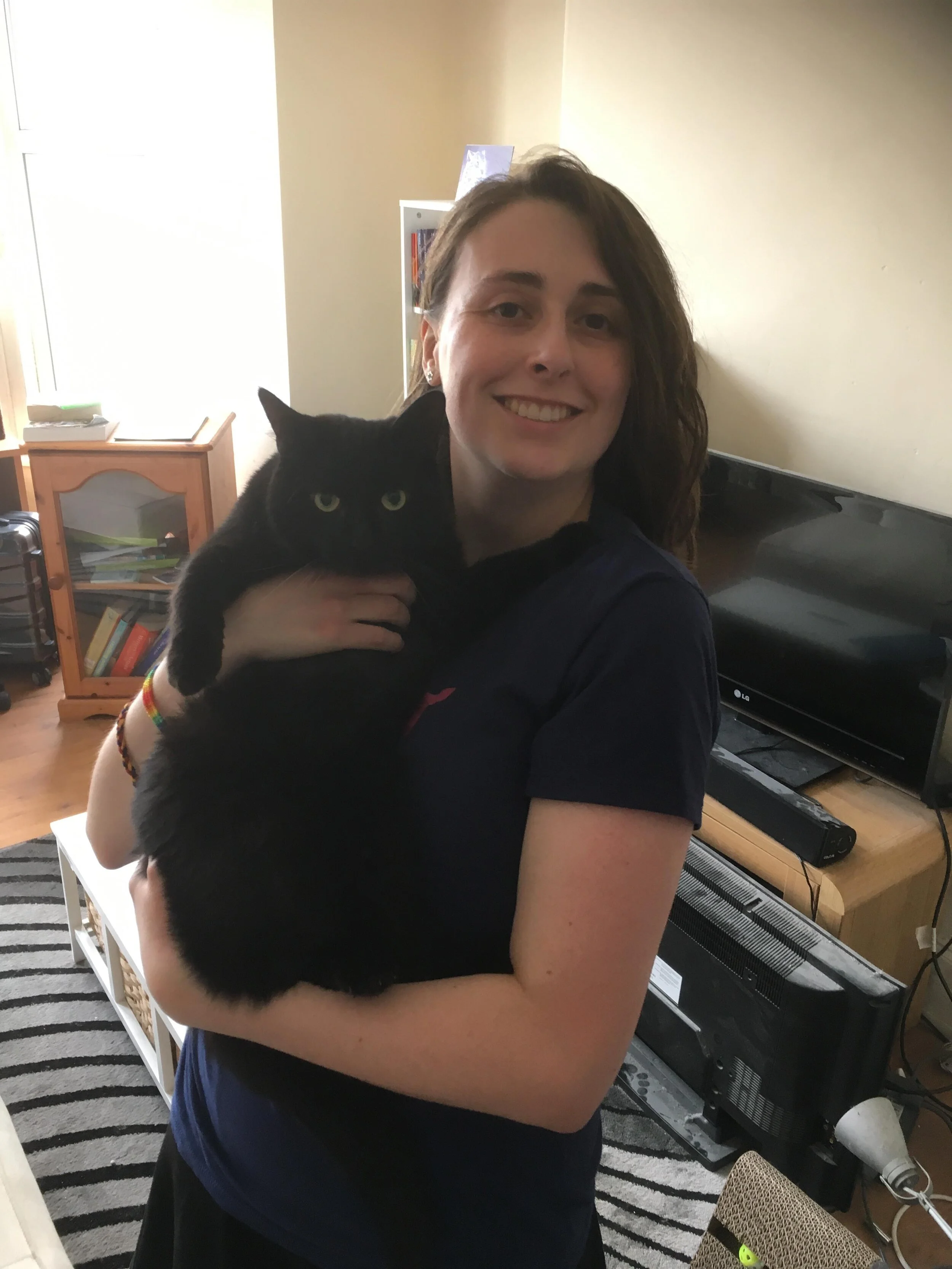Hi all!
This week I'm going to talk about something a bit different, winged characters. There's a great blog post about them already, detailing little quirks and what it would be like to live with them. Link here: Tumblr Post
However, in a lot of books winged characters are given the same generic design, white angel wings or black demon ones. I used to go with angel wings but then realised I could branch out, so I thought I'd share some of the designs of my winged characters. None of these books are published yet by the way, but there won't be any spoilers!
Damayanti by @KanizoArt - dragons are the first winged characters that I started writing
Shannon Pennylove - Celestial Plague.
In the Celestial Plague series winged characters are scrutinised for being clumsy and useless on the ground. Despite having wings, she's also afraid of heights so she is teased even more for this. I thought I'd give her hybrid wings that would make her stick out more. Her wings are: bat-shaped with cream and brown ombre feathers. She's a mix of her parents, one has bat wings and the other has bird-like wings. Instead of giving her one or the other, I thought I'd just mix them together.
Eularia - Street Rats.
Eularia lives in a parallel universe where technology is only used by the elite. I've given her a four wing design, two large ones and two smaller ones beneath them. They're shaped like pigeon wings, but the top ones are blue while the bottom ones are a mix of black and white and aren't useful for flying. This book is a long way off from being written so the wings are the only aspect of her design that I have so far.
Unnamed characters - unnamed Sci-Fi.
This book is in the very rough stages, I only came up with the idea from a dream I had a few weeks ago. Winged people live in the sky, but rely on a factory that generates all their electricity which they use to fly. I went a bit wilder with this design, as I thought that since electricity is such a large part of their lives that they would incorporate it into their wings. They're metallic, with a featherless membrane that is either neon blue, neon green or neon orange. The wings are implanted in their backs when they're young and grow with them. Without electricity they can't fly.
In short, don't be afraid to go a bit out there when designing wings. Seeing something exciting and new is better than the same design over and over.
Do you have any winged characters? Let me know in the comments!
See you next week!


















